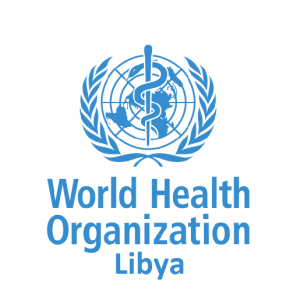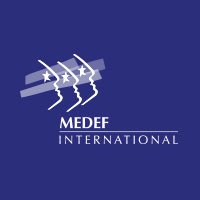By Sami Zaptia.

London, 8 June 2021:
More than half of Libya’s health care facilities that were functioning in 2019 were forced to close in 2020, the WHO 2020 Libya report published today said.
It said closures were especially severe in rural areas, mainly because of security threats and lack of national and health sector funding. Those that remained open suffered frequent electricity cuts that were exacerbated by shortages of fuel to run back-up generators.
Repeated stockouts of critical vaccines disrupted immunization schedules and put children at risk of life-threatening diseases such as measles and polio. WHO and UNICEF estimated that more than a quarter of a million children had missed their doses of essential vaccines.
Nationwide, over two thirds of Primary Health Centres had no antibiotics, analgesics, insulin, blood pressure medication or any of Libya’s other top 20 essential medicines. Most health care staff had to wait months to receive their salaries. In particularly in the areas around southern Tripoli.
By the end of the year, the number of displaced people had fallen to around 392 000. However, the presence of landmines and unexploded ordnance posed a significant threat to returnees. In addition, many of them were reluctant to report for duty for fear of being infected with the Covid-19 virus.
Between January and August 2020, only 70% of disease alerts were investigated and responded to within 72 hours. In 2020, WHO assessed the health situation and health needs in 79 Libyan communities (comprising over 850 000 people) in 111 of Libya’s 22 districts. Over 90% of these communities were in areas ranked as 3 or above on the severity scale.
The assessment found that although hypertension and diabetes were the most commonly reported diseases, medicines to treat them were widely unavailable. The nearest health care facility for patients was on average 14 km away, and this meant that they were inaccessible for many people.
An assessment of the availability of five essential health care services in the historically underserved south revealed that only 12% of Primary Health Care facilities had all five services. Moreover, only 3% of facilities had stocks of all top 20 essential medicines, and almost one third had no essential medicines at all. Three quarters of communities had no antenatal care services or health care services for children under five years of age.
Trauma care and disability services were available only in Libya’s main cities, and mental health services were almost non-existent. Immunization services experienced repeated vaccine stockouts. COVID-19 lockdowns and curfews further reduced people’s access to PHC services.
Patients were increasingly referred for treatment to the main cities of Tripoli, Benghazi, Misrata and Sebha. However, referrals were hampered by the lack of reliable ways to transfer patients for secondary or tertiary level care.
Moreover, many hospitals were forced to suspend their services due to the high rates of COVID-19 infection among patients and staff, further exacerbating gaps in the health system. Many people were forced to seek private health care, diverting resources from overstretched family budgets.








